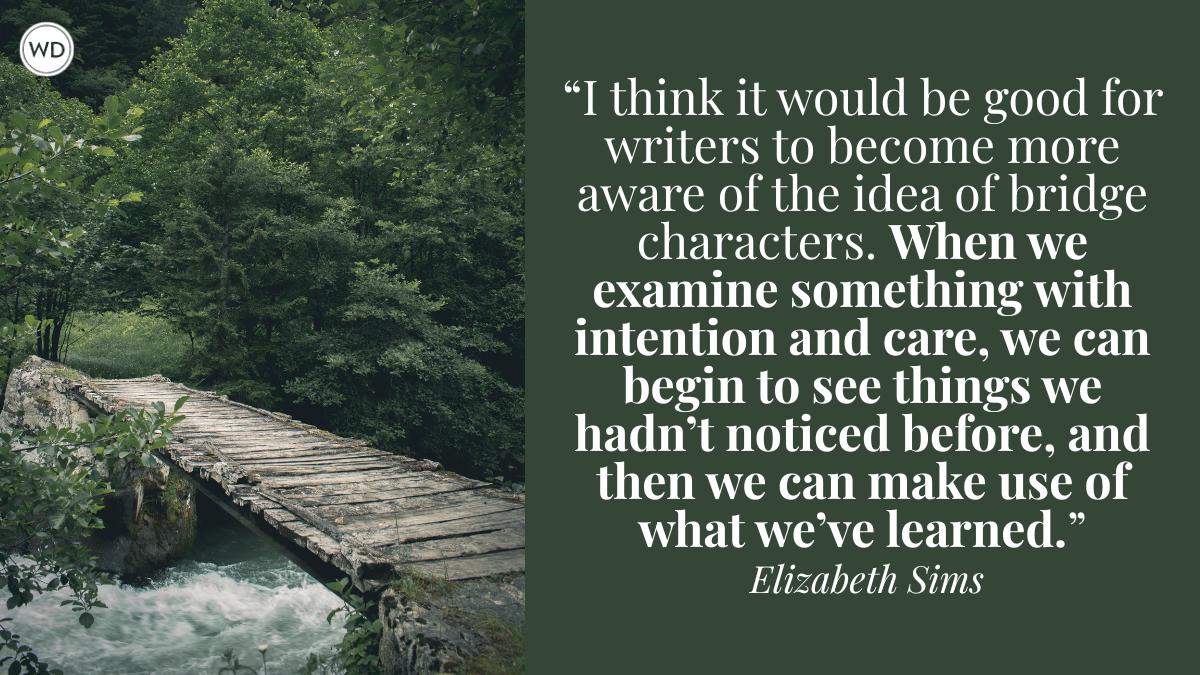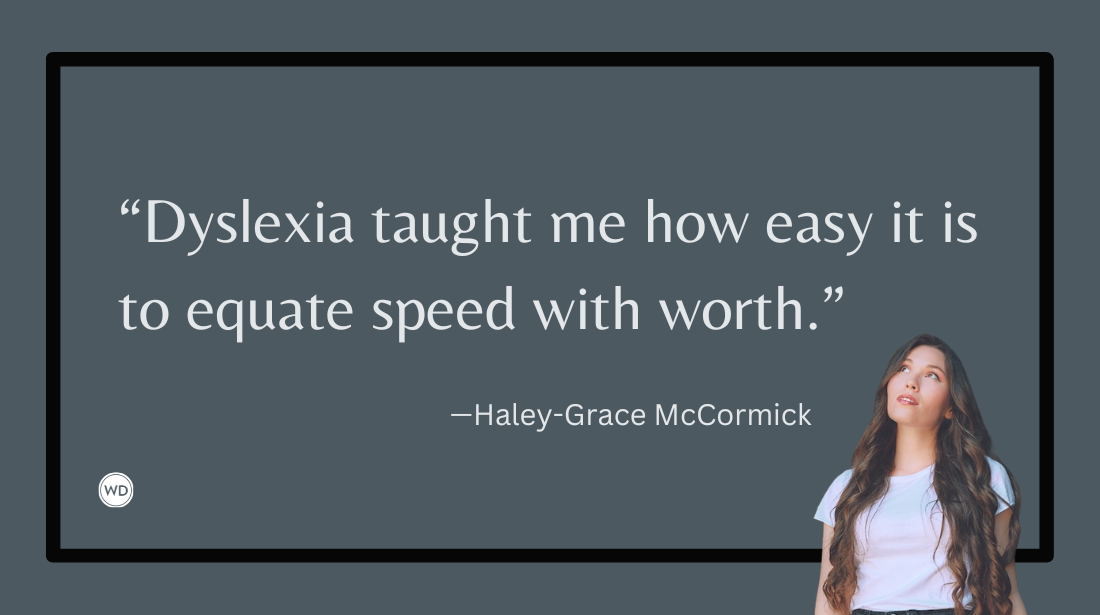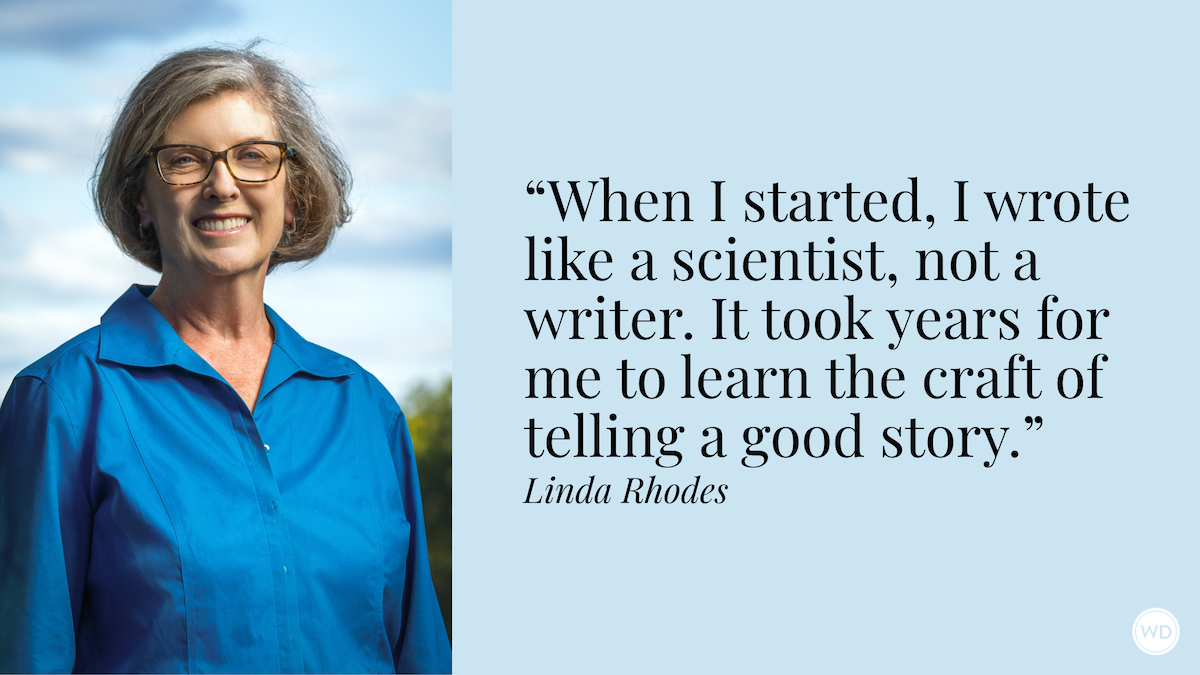Allison King: On Writing Between Genres
In this interview, author Allison King discusses how the delineation of genre informed her editing process with her new novel, The Phoenix Pencil Company.
Allison King is an Asian American writer and software engineer based in Cambridge, Massachusetts. In technology, her work has ranged from semiconductors to platforms for community conversations to data privacy. Her short stories have appeared in Fantasy Magazine, Diabolical Plots, and LeVar Burton Reads, among others. She is a 2023 Reese’s Book Club LitUp fellow. The Phoenix Pencil Company is her first novel. Follow her on Instagram.
In this interview, Allison discusses how the delineation of genre informed her editing process with her new novel, The Phoenix Pencil Company, her hope for readers, and more.
Name: Allison King
Literary agent: Seth Fishman (The Gernert Company)
Book title: The Phoenix Pencil Company
Publisher: William Morrow / HarperCollins
Release date: June 3, 2025
Genre/category: Literary/Speculative
Elevator pitch: A young software engineer unearths a family secret involving long-forgotten magic and her grandmother’s experience running a Shanghai pencil company during WWII.
What prompted you to write this book?
I had read Helen Zia’s incredible Last Boat out of Shanghai: The Epic Story of the Chinese Who Fled Mao’s Revolution which got me thinking about my own family history and how little I knew about it. I knew my grandparents had run a pencil company that started in Shanghai then branched out to Taiwan, but not much other than that, and definitely not the historical context. I loved the idea of pencils too, as both a form of magic and an awesome piece of technology. So, The Phoenix Pencil Company really came from a desire to learn more about that period of history, and also because pencils are really cool.
How long did it take to go from idea to publication? And did the idea change during the process?
I started writing in August 2020, and the book comes out June 2025, so just under five years. In the very beginning, it was a purely historical novel—there was only the one timeline, that of the grandmother growing up during WWII. I pretty quickly added the other timeline though, that of her granddaughter, a modern-day software engineer. Part of it was because the historical parts were really difficult for me to write. I wanted to do it, but also wanted to counterbalance it with something closer to my own experience. So, Monica, the granddaughter, is a lot like me—she’s an awkward software engineer with a very close relationship with her grandparents, and her narrative was also the perfect way to bring the speculative element to parallel the real world—while the grandmother has the ability to revive what a pencil once wrote, the granddaughter, as a software engineer, has all the capabilities of modern day data surveillance at her disposal.
Were there any surprises or learning moments in the publishing process for this title?
In retrospect this has become obvious to me, but I really started the process thinking of this book as a fantasy book. It wasn’t until I started querying agents that I started hearing that it was more of a literary book with speculative elements. That delineation between genres was definitely a learning moment for me, and did affect how I edited the book once it was acquired. I did more hand-waving instead of describing exactly how the magic system worked, and really beefed up the historical details. I still don’t think the book neatly fits into one genre category, but marketable genres had never been something I thought much about, but can see more clearly now.
Were there any surprises in the writing process for this book?
I consider myself as having a pretty good memory, but I realized that’s not nearly enough if you’re trying to write something historical. I knew when big things had to happen, like when Japan would occupy the International Settlement of Shanghai, that was going to be a huge shift for my characters, and of course when WWII ended, and then the Chinese Civil War would restart. But that’s not enough to get across the feeling of a time period, and for that I had to really dedicate time to research and especially to note-taking, which is something I sometimes shirk because I think I have a good memory. Turns out I really don’t, and sometimes there’s nothing better than having a pen and paper next to you while you read! I did a whole edit pass where all I did was fill in more historical details, and I could not have done that without good notes.
What do you hope readers will get out of your book?
I hope readers might consider stories and privacy more. A lot of the book is about the relationship between a grandmother and her granddaughter, where neither wants to share all of themselves with the other, for their own reasons. And I think that should be okay! I also think the desire to share stories is great as well, but things start to go awry when data hungry software is getting those stories too.
If you could share one piece of advice with other writers, what would it be?
If you live near a bookstore, go to their author events! I’m lucky to live near Harvard Bookstore which has author events almost every day. It’s an amazing and often free way to hear experts talk craft, to get a sense of literary trends in general, and to support your local bookstore.








